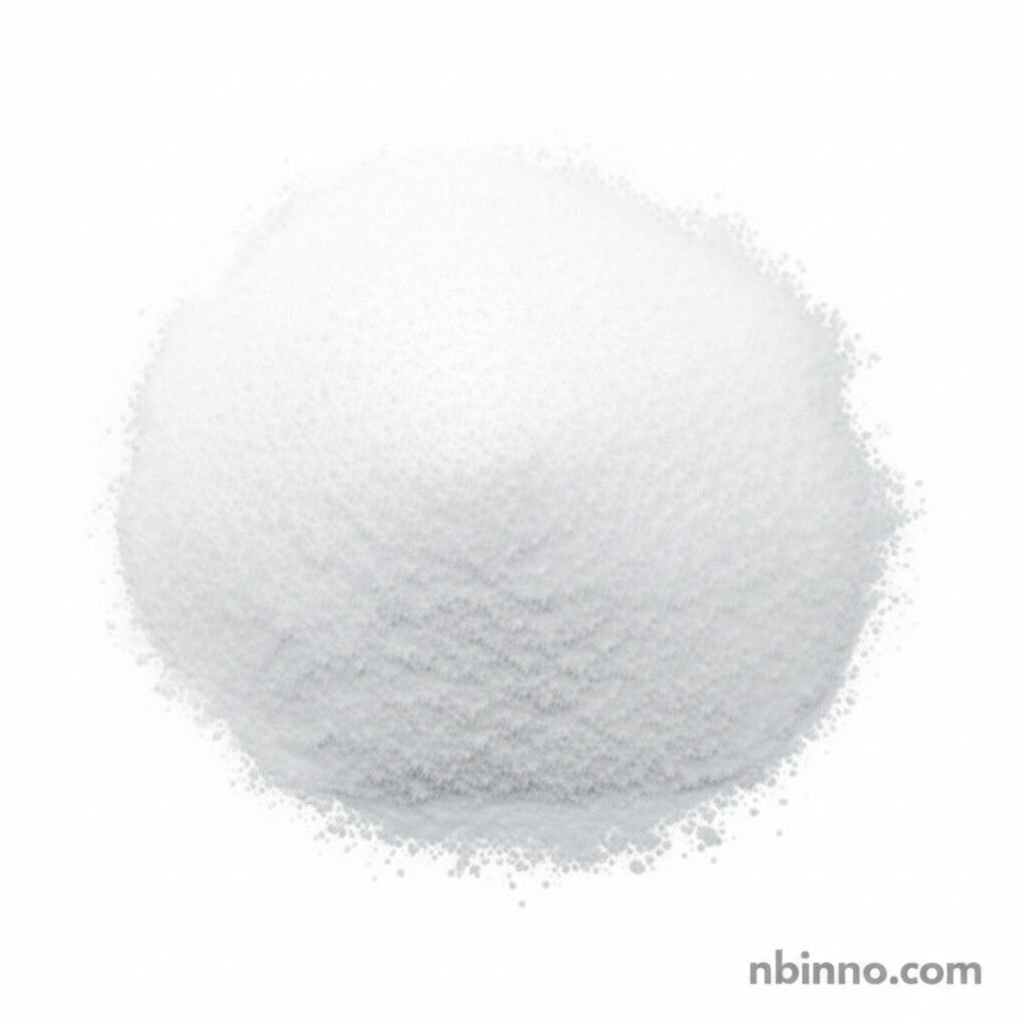Fludarabine (CAS 21679-14-1): A Cornerstone in Cancer Research and DNA Synthesis Inhibition
Discover the multifaceted applications and critical research value of this potent purine analog.
Get a Quote & SampleProduct Core Value

Fludarabine
Fludarabine, identified by its CAS number 21679-14-1, is a vital purine analog with significant implications in pharmaceutical research. Its core value lies in its potent ability to inhibit DNA synthesis, a mechanism crucial for understanding and combating rapidly dividing cells.
- Leveraging Fludarabine's DNA synthesis inhibition mechanism is key for developing advanced cancer therapies.
- Researchers utilize Fludarabine's antiproliferative activity to study disease progression and potential treatments.
- The purine analog Fludarabine is instrumental in understanding apoptosis induction pathways in various cell types.
- High-purity Fludarabine (≥99%) ensures reliable and reproducible results in critical laboratory experiments.
Key Advantages for Researchers
Precise Mechanism of Action
Fludarabine effectively interferes with DNA polymerase and RNA transcription, offering clear insights into cellular replication processes.
Broad Research Applications
Its use extends across cell metabolism, signal transduction, and cancer research, making Fludarabine CAS 21679-14-1 a versatile research chemical.
Quality and Purity Assurance
Sourced from reliable suppliers, Fludarabine offers high purity (≥99%), guaranteeing consistent performance in sensitive assays and experiments.
Key Applications
Antiproliferative Studies
Fludarabine's ability to inhibit cell proliferation makes it an essential compound for studying the effects of DNA synthesis inhibitors.
Cancer Research
It is extensively used in oncology to investigate cancer cell behavior and develop new therapeutic strategies against hematological malignancies.
Apoptosis Induction Research
Researchers leverage Fludarabine to understand and trigger programmed cell death pathways, crucial for cancer treatment development.
Biochemical Assays
As a well-characterized biochemical, Fludarabine serves as a standard in various assays related to DNA replication and repair mechanisms.
